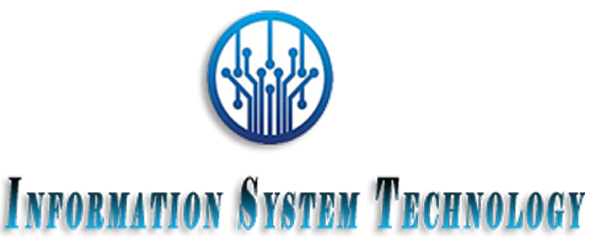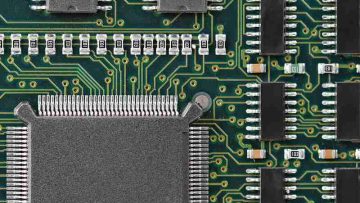Information technology (IT) and computer science are two distinct fields, despite their similarities. In general, computer science refers to designing and developing computers and computer programs. On the other hand, information computer technology degree refers to maintaining and troubleshooting computers and their networks, systems, and databases so that they function smoothly. As a result, while working in a computer science-based job might mean you design websites, create software, or gather information about visitors to a website, a career in IT can mean you ensure computers are secure and functioning. It is often difficult to draw a clear distinction between IT and computer science. Computer science principles are sometimes required to work in IT, and being a programmer means doing work that is more IT-related. Jobs that are heavily computer-related, such as web development or software engineering, are sometimes called IT jobs. The confusion can be very understandable.
What can I do with a degree in information technology
A degree in information computer technology degree can lead to a variety of IT-related careers. It can include everything from cloud computing and information security to system administration and database maintenance. As most IT jobs prefer workers with at least a bachelor’s degree, having an undergraduate degree in IT will likely be an asset to your job search.
Here’s what you need to know
In spite of the many overlaps between computer science and IT, computer science work largely involves designing and building computers and computer programs. An IT professional’s main responsibility is to keep an organization’s computers functioning, as well as make sure their networks, systems, and security are secure. IT and computer science-related jobs pay a wide range of salaries, with some jobs easily exceeding $100,000. The salary for entry-level IT jobs might be lower if they don’t require a four-year degree. It may be easier to get a job in IT if you do not have a four-year degree than in a computer science role.
IT careers vs. computer science careers
Computer science and information computer technology degree careers have distinct paths, but they can lead in many directions. As a general rule, computer science jobs entail developing or improving products using programming languages or data. IT jobs focus more heavily on the operation of computers, networks, and systems, to ensure that other employees do their work smoothly.
There are several positions that cross the boundary between computer science and IT, such as cloud computing and database administration.
Salary information technology and computer science
Both IT and computer science pay different salaries. For jobs that require specialized knowledge to build, program, or maintain computers, previous experience or a degree may be required, which may result in higher salaries. Since some generalist entry-level IT jobs typically do not require a four-year degree, their starting salaries may be lower. The following is a sample of salaries from various IT and computer-related jobs.
Computing degrees versus IT degrees
Universities and colleges offer degrees in computer science and related fields, such as computer engineering. Some offer degrees in information technology, or information technology specializations within computer science. How do these programs differ, and how do you choose the right one? In computer science degrees, you are taught the basic mathematical and scientific concepts behind computers and their programs. You can learn programming languages, data structures, and artificial intelligence concepts as you pursue a degree in computer science. A degree in computer science may also require courses in mathematics, statistics, or engineering.. Students can learn important systems and networking concepts, security practices, and application development skills with a degree or specialization in information technology. This field of study is also known as information systems.
What is the best degree?
Computer science involves designing and building computers and software. In IT, you’ll be responsible for maintaining and improving computers and systems, security structures, databases, and networks. Several fields combine computer science and IT principles, such as cloud computing, DevOps, and database administration. How do you decide? You might be attracted to computer science if you’re interested in building websites, designing software, or creating machine-learning algorithms. It’s probably a better choice for you if you’re curious about how computers work.





